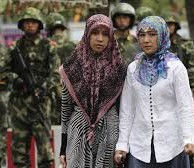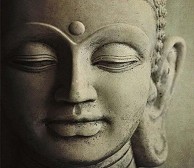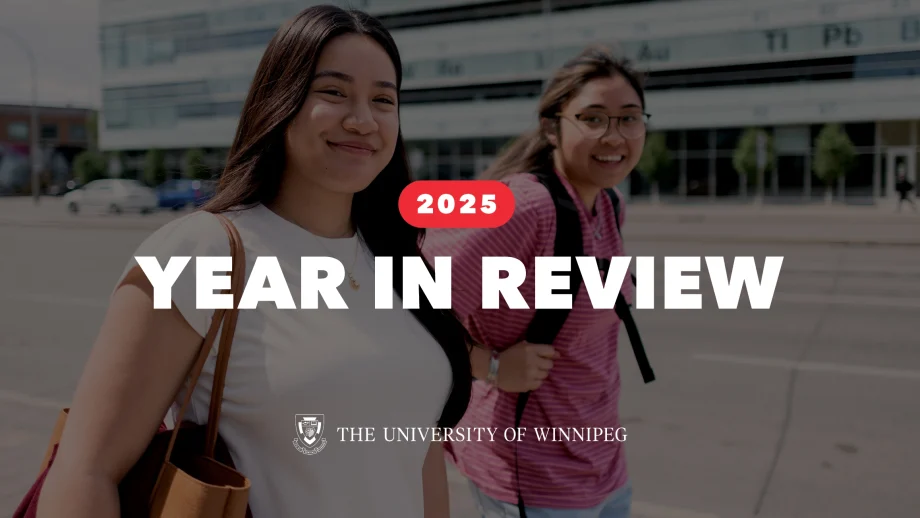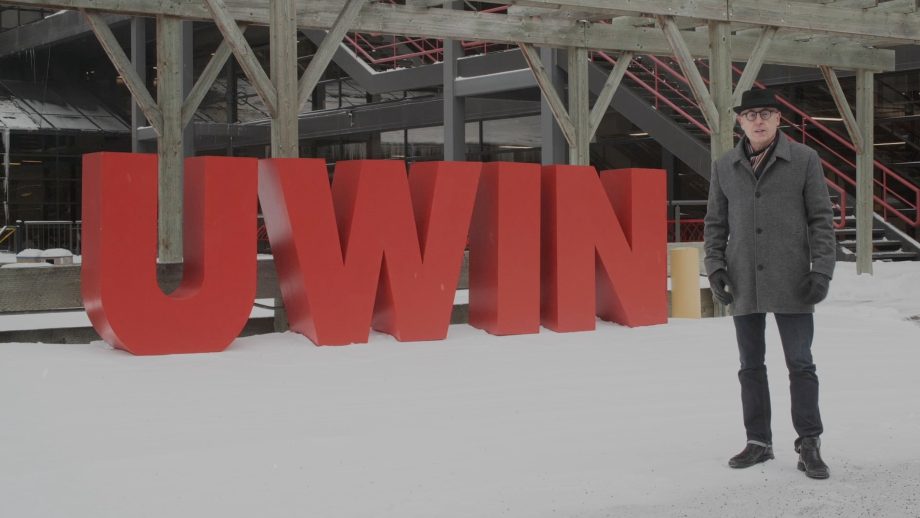Feed your mind this term with hot topics in religion and culture. The Department of Religion & Culture is offering three free lectures on a range of topics that are open to everyone. Each lecture is 20 minutes of enlightenment that includes a slice of pizza. All the lectures are at 12:30 pm, in room 2M70.
Wednesday, February 5
What is happening with the Muslims of Xinjiang?
Dr. Diego Loukota, UWinnipeg
Who are the Indigenous peoples of Xinjiang? Have they always been Indigenous to the area? How did they come to practice Islam? In this talk, Loukota will present the complex intersections of history, ethnicity, religion, and economic interest as well as the troubled formulations of Indigeneity that allow us to account for the present situation.
The official policies of mass-scale detention, internment, family separation, and destruction of the religious and cultural heritage of the Indigenous Turkic-and Iranian-language Muslims in the remote westernmost region of Xinjiang in the People’s Republic of China is one of the great humanitarian tragedies of our day. Yet, the urgency of the situation in Xinjiang is not known well enough among a western audience that is often predisposed to empathize with Muslim victims of state repression with reservations.
Tuesday, February 25
Did the Buddha teach consent?
Dr. Amy Langenberg, Eckerd College
In a podcasted interview with Traver Boehm of UNcivilized UNplugged Live, Noah Levine, a Gen X meditation teacher recently accused of sexual misconduct, made the comment that, in terms of lay (non-monastic) sexual ethics, the Buddha was “pretty liberal around consenting adults.” In this conversation, Langenberg will follow up on Levine’s comment, exploring the questions of whether or not the Buddha really did teach sexual “consent” (or something analogous) and how early Buddhist teachings on “consent” can or should be taken up by contemporary Buddhist communities coping with sexual misconduct and violation.
Wednesday, March 11
Tomorrow, Yesterday, but not Today: The Triumphs and Tribulations for Tokyo 2020
Dr. Jeff Newmark, UWinnipeg
If there is a singular buzzword for the 2020 Summer Olympics, it is “tomorrow.” The Games’ slogan, after all, is Ashita wo tsukamō or “Discover Tomorrow,” and the name of the Olympic mascot is Miraitowa or “Eternal Tomorrow.”
Between Tokyo’s identity as a city of yesterday’s conflict and tomorrow’s potential is a today of resilience. It is resilience that enabled Tokyo to showcase its recovery and prosperity during the 1964 Olympics. And it is the same resilience that has been deterring Japan’s neighbors and partners from fully embracing the 2020 Games. This presentation will focus on this conspicuously absent “Today” and what it entails for Tokyo 2020.
As the host city, Tokyo has long represented the city of tomorrow—it was the world’s most populous city in 1700, it had one of the most advanced urban infrastructures in 1800s, and to the present day it represents technological and scientific progress. As much as Tokyo and the 2020 Olympics embrace a triumphant tomorrow, the trials of the yesterday cast a shadow on the Games. Some Asian nations have expressed reluctance to participate in the Olympics due to the sentiment that Tokyo represents a country that has yet to account in full for its acts in the Second World War.Then, concerns about radiation fallout from the 2011 Tohoku earthquake and tsunami played a role in moving some Olympic events as far north as Sapporo.







